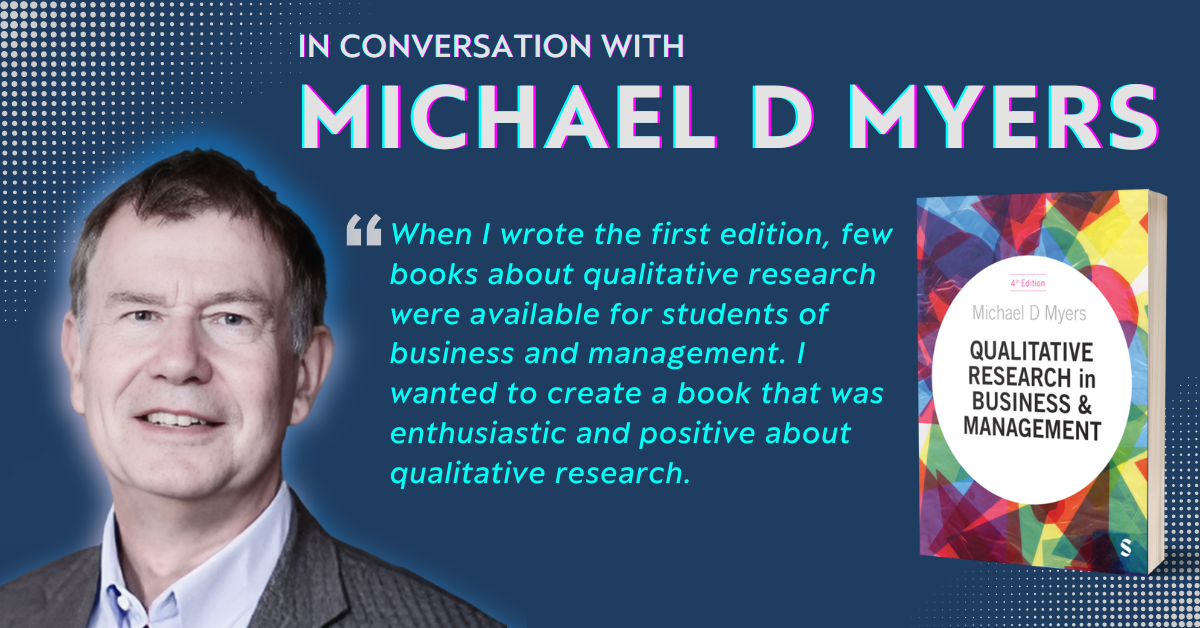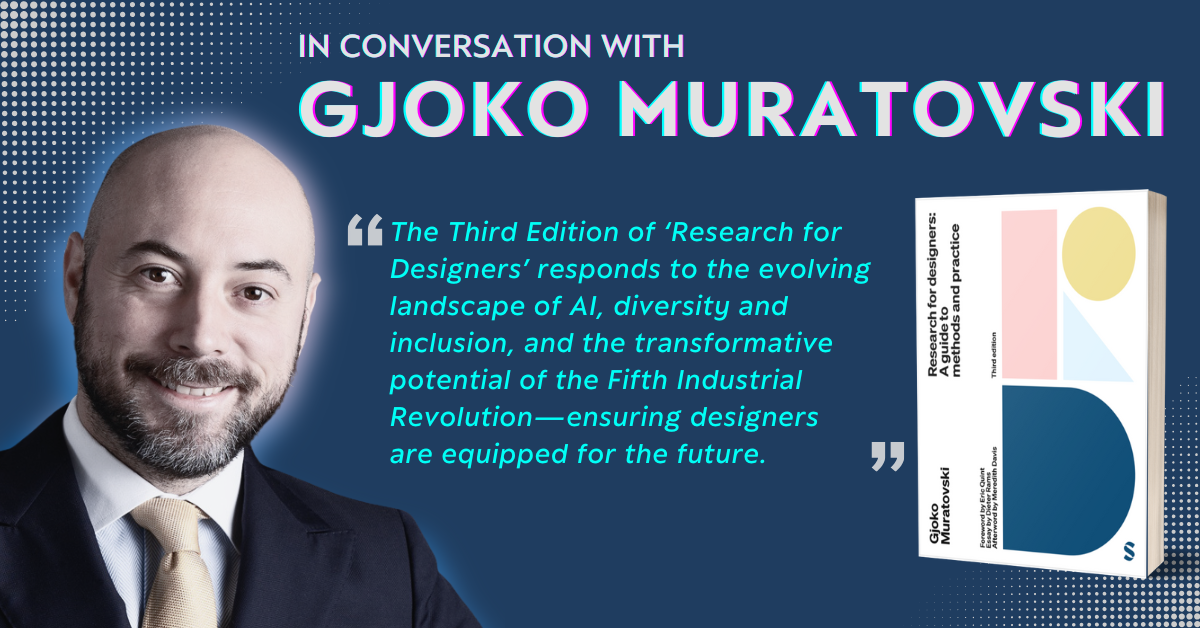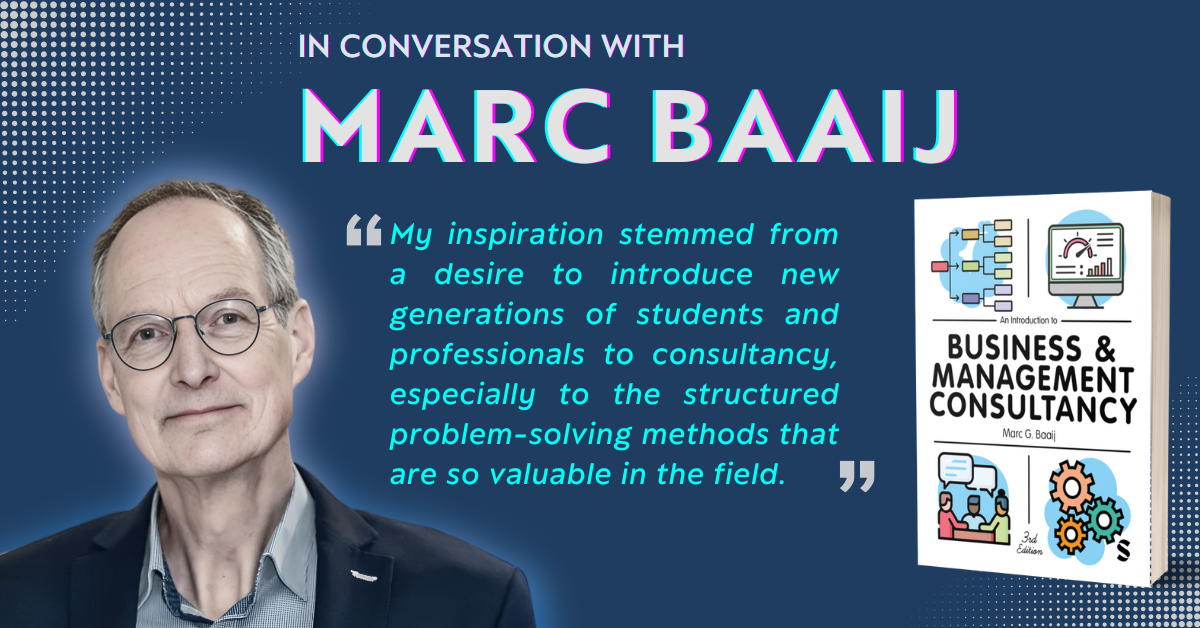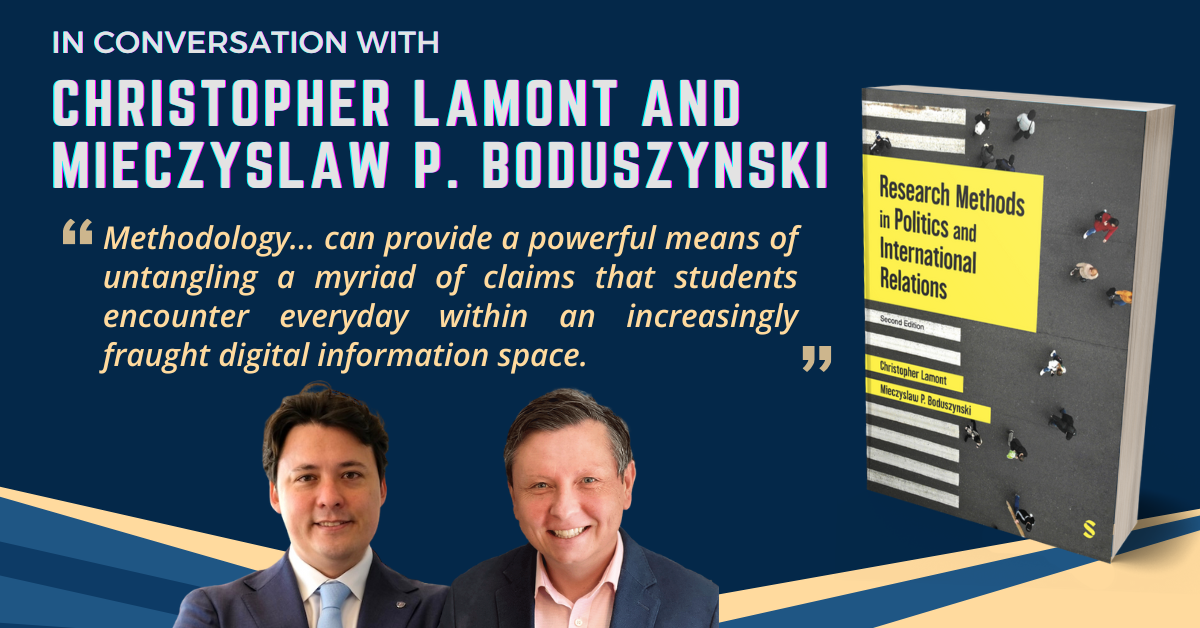
In a world where data-driven decisions are often synonymous with numbers and statistics, qualitative research remains an essential tool for uncovering the deeper, more nuanced insights that drive business and management forward. Few scholars understand this better than Professor Michael D Myers, a leading expert in qualitative research and Information Systems at the University of Auckland Business School. With over three decades of experience, he has not only shaped the academic landscape through his teaching and research but also played a pivotal role in advancing the acceptance of qualitative methods in business disciplines.
In this insightful conversation, Professor Myers discusses the evolution of qualitative research, the challenges and misconceptions surrounding it, and the impact of emerging trends such as AI, digitalization, and virtual fieldwork. He also shares the inspiration behind his influential book, now in its fourth edition, which serves as a comprehensive guide for researchers navigating the complexities of qualitative inquiry.
Join us as we explore the enduring relevance of qualitative research and its role in shaping the future of business scholarship.
Can you tell us about yourself and your background?
I am Professor of Information Systems in the Department of Information Systems and Operations Management at the University of Auckland Business School, Auckland, New Zealand. I have been at the university for the past 36 years. Before that, I conducted ethnographic research for my doctoral research in anthropology. I conducted 14 months of fieldwork in Vanuatu, a small country in the South-West Pacific. Immediately after finishing my PhD, I got a job with IBM New Zealand. After 4 years with IBM, I was appointed a lecturer at the University of Auckland. This academic position within a business school enabled me to combine my interests in qualitative research, information systems, and business.
What inspired you to write this book, and how has it evolved over its four editions to meet the changing needs of researchers?
Before writing this book, I had taught qualitative research to business school students at the University of Auckland, New Zealand. I also taught qualitative research workshops for PhD students and faculty members in many other countries, including Australia, China, Finland, Malaysia, Portugal, and the United States. Additionally, I have already published many qualitative research articles in academic journals and books and served as a senior editor of the two top research journals in information systems (MIS Quarterly and Information Systems Research). For both these journals, I handled qualitative manuscripts only.
But it was during my role as Associate Dean (Postgraduate and Research) at the University of Auckland Business School that I became familiar with the research being conducted in all the business disciplines. I began to realize that many of the issues that qualitative researchers face in information systems were remarkably similar to those being faced in every other business discipline. Whereas most business disciplines favoured quantitative research in the 1980s, from the 1990s, there was an increased interest in qualitative research.
However, when I wrote the first edition, few books about qualitative research were available for students of business and management. The ones that were available tended to be somewhat narrow in their treatment. They focused on just one or two research methods (such as action research and/or case study research) and often failed to appreciate the potential of different underlying research philosophies (e.g., interpretive research) or different ways of analysing qualitative data.
Also, I noticed a tendency for writers of qualitative books in business and management to be defensive about the use of qualitative research. The tone was one of lamenting the lack of acceptance of qualitative research in business. Often, there were complaints about how difficult it was to get qualitative research articles published in the top journals.
Therefore, I decided to write a book that would be enthusiastic and positive about the use of qualitative research in business and management. I would not be defensive. I would use examples from the top academic journals in business and management. Also, my book would provide a broad, reasonably comprehensive discussion of the various qualitative research methods (and their philosophical underpinnings) that researchers can use. The feedback I have received over the years suggests that the book successfully achieved what I set out to do.
This edition includes new content on AI, digitalization, and virtual fieldwork. How do you see these trends reshaping qualitative research in business and management?
AI, digitalization, and virtual fieldwork will have a significant impact on qualitative research, not only in business and management but in every discipline that uses qualitative research. AI is advancing quickly and can process large volumes of textual data, provide insights, and generate new text depending upon the prompts you provide. Online interviews and virtual fieldwork became much more popular during the COVID-19 pandemic.
However, researchers need to carefully evaluate the use of these new tools, and the results provided. Sometimes, the results from AI can be misleading and even nonsensical. Also, AI can be used for fraudulent purposes. AI can be used in the writing and creation of fake papers or to manipulate the peer review process.
I discuss the use of AI, digitalization, and virtual fieldwork in more detail in the latest edition of the book.
What do you think are the biggest misconceptions about qualitative research, and how does your book address them?
I think many of the earlier misconceptions about qualitative research have been overcome in most business disciplines. This is due to many articles using qualitative research having been published in the top academic journals in business. In my discipline of information systems, for example, many qualitative articles have been judged as the best paper for that year in MIS Quarterly, our top research journal (including one of my articles).
Some 25-30 years ago, the main misconception about qualitative research was that it was unscientific and relied on anecdotal evidence. But nowadays, most researchers in business and management understand the value of both qualitative and quantitative research. Both are needed to understand and explain business phenomena.
What do you hope readers will gain from this book that they might not find in other qualitative research guides?
The main thing readers will gain is a broad overview of the most common research methods and approaches for conducting qualitative research in business and management. It is ideal for research master’s and PhD students and faculty who want to learn more about qualitative research. People can then use some of the recommended readings to dive deeper into a particular method or data analysis approach if they want.
As a professor and researcher, how has your own approach to qualitative research changed over the years?
In the past, all the qualitative research that I conducted was in person, e.g., I would interview people face-to-face or physically visit organizations that might be research sites. But nowadays, many of my students conduct interviews online (like this one) or use data obtained from digital sources such as social media. My students also use software to analyze their data. Although I am a professor of information systems, I just hope we don’t completely lose the personal touch in the future.
Find out more about *Qualitative Research in Business and Management, Fourth Edition by Michael D Myers*

Enjoyed this article? Be sure to check out our other interviews with Sage Authors:
In Conversation with Gjoko Muratovski
In Conversation with Emily Öhman
In Conversation with Christopher Such
In Conversation with Andrei Lux
In Conversation with David Deakins and Jonathan M. Scott
In Conversation with Michael Beverland and Pınar Cankurtaran
In Conversation with Annmarie Hanlon
In Conversation with S Alexander Haslam, Craig McGarty, Tegan Cruwys & Niklas K. Steffens
In Conversation with James Abdey





